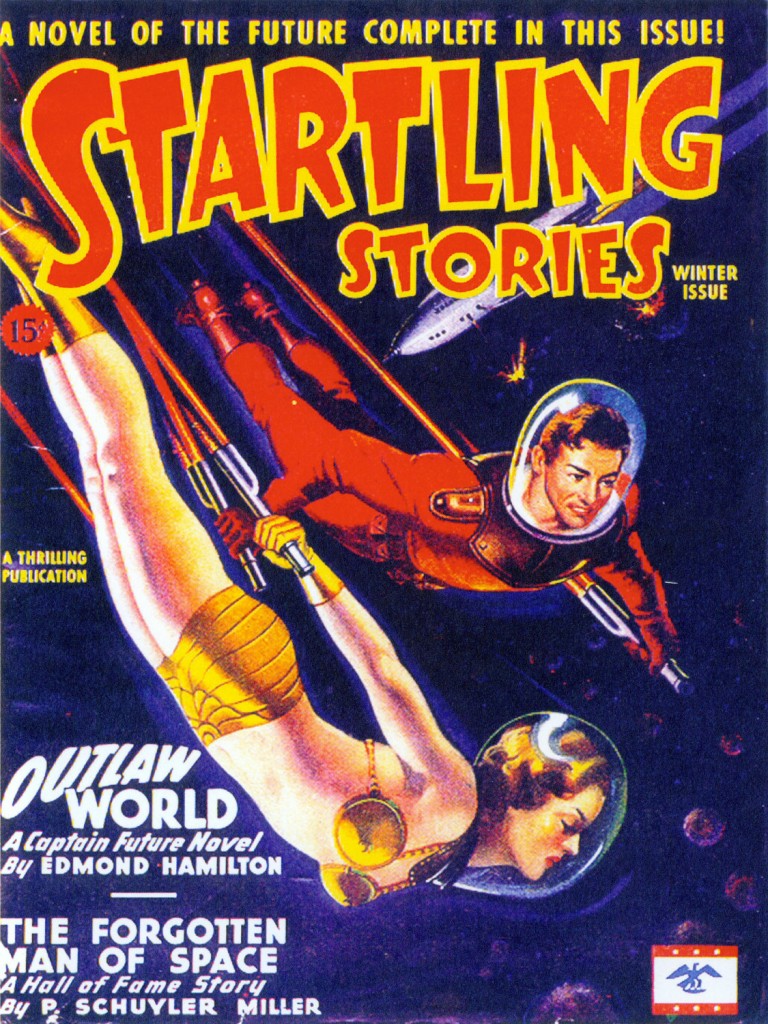
The world is more prosperous and beautiful in the morning. Photo: Ferdi de Gier
Networked Media has had a positive effect on my life after not even three weeks, even if it is just being able to publish and create online media more effectively. The subject has invigorated my senses and enticed me to become more actively involved in my learning, rather than playing the role of the sponge (or in this case, a sea sponge). With my motivation levels at all time highs, I am bursting with useful energy and will power to do extraordinary things, the first of which is something I have never been able to do.. Study.
That’s right, I’m one of those slackers who make it by cruising along without doing anything. I’ve tried to fix the issue before, but I have never been successful. This is different though. I’m feeling rejuvenated and energised. Regardless of other changes and possibilities, having an alternative method of learning introduced has simply increased my energy levels and made me interested in my learning.
What has this done for me? Well, I’ve started waking up earlier. I’ve started going to sleep earlier. My whole day has shifted backwards four hours. This morning I woke up at 530, and hope to do so every morning from now on. After honing in on my habits and my brain function and noticing, I realised that I do my best work in the morning. My brain is fresh and alert and has just come off a nice rest. Perfect for learning, perfect for remembering, perfect for creating. In the evenings, I’ve been through a day of trials already. My willpower is gone.
This morning, before I left for University, I managed to get done more work and note taking then I have achieved in the entire semester so far. Thinking, noticing, adapting, creating. Four things that are essential aspects of not just the world media, but life in general. That’s what I’ve got out of this so far.
Perhaps this style of learning is not for everyone, maybe it is when given a chance. It’s a kind of learning you have to want to do, and invest in. If someone else reads this and realises what I have too, then I guess I’m doing them a credit. Because it really is a positive change to life.
Here’s a bit of reading and advice that won’t go astray:
